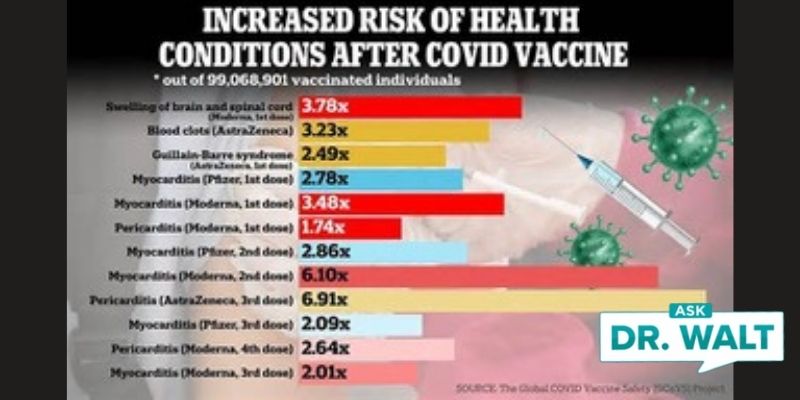GAO report criticizes mail-order genetic testing
New Guidelines: Most women may be able to safely give birth vaginally following C-sections
September 8, 2010Strong relationships improve chances of living longer
September 8, 2010Barb and I were watching the ABC World News and I was happy to see their report on “stark findings” from a Government Accountability Office “undercover sting operation targeting those popular DNA tests you can get by mail.” I’ve long suspected there was more “bogus marketing” than “pure science” to this game, but did not know for sure until I saw this news report and then read the GAO report.
Richard Besser, ABC News’ medical expert, said that the tests “promise to predict … your risk for cancer, for other diseases, for less than $1,000,” but the “investigation found the results consumers get back from these genetic tests are often misleading and, in certain cases, downright wrong.”
Besser noted that at least one company agreed to secretly test a DNA sample, which he said is “illegal in at least 29 states.”
Bloomberg News reported that “four gene-testing companies are misleading US consumers by providing unclear or conflicting information on the risk of disease.”
Gregory Kutz, who led a probe for the GAO, set up accounts “with Navigenics of Foster City, California, 23andMe, Inc. of Mountain View, California, Pathway Genomics Corp. of San Diego, and DeCode Genetics, Inc. of Reykjavik, Iceland,” and sent them DNA from five people.
Their reports “assessing health risks” were “medically unproven and so ambiguous as to be meaningless,” Kutz said in his report, presented at a Congressional hearing in Washington in July 2010.
The AP provides details of the diseases the companies reportedly tested, including “whether individuals are genetically predisposed to get certain inheritable diseases like breast cancer or Alzheimer’s Disease.”
AP said that “such tests have been sold online for years, but they began attracting federal scrutiny in May when Pathway Genomics announced plans to market its products in retail pharmacies.”
That plan “was scuttled” by the FDA, which “said the tests must undergo federal testing.” Meanwhile, the GAO investigation found that when considering the same disease, “the companies’ results contradicted each other nearly 70 percent of the time.”
For instance, in response to the same patient’s DNA, “one company claimed he was at above-average risk” for prostate cancer, a second said he was “below average,” and two others said his risks were “average.”
NPR ‘s “Shots” health blog says that “one fake customer who learns she’s at high-risk for breast cancer is told by a company representative that ‘she’ll pretty much get’ the disease.” Experts hired by the GAO to review the tapes “called this comment ‘horrifying’ because it implies the test is diagnostic.” Two other customers “are told that custom supplements can ‘repair damaged DNA’ or even cure a disease,” although experts say there “is no scientific basis for such claims.”
The GAO turned over its findings “to the FDA and the Federal Trade Commission for ‘appropriate action.'”
The San Diego Union-Tribune reports that “the companies use saliva samples to search for gene variations among a relatively tiny group of the 3 billion DNA base pairs that make up each person’s genome.”
The tests “claim to measure a client’s risks for … experiencing an adverse reaction to certain drugs and passing on recessive mutations that can cause cystic fibrosis, sickle cell anemia and other genetic disorders.”
FDA officials had “previously treated the tests as laboratory-developed products,” which traditionally haven’t been regulated by the agency. However, “regulators took a fresh look at the tests in May and decided they qualified as medical devices, which require more stringent oversight.”
The Wall Street Journal says that many companies which conduct genetic testing over the mail received warning letters from the FDA even before the latest GAO. Navigenics and Pathway now say they stopped selling directly to consumers.
My recommendation? Genetic tests should ONLY be preformed under the supervision of your physician or a qualified genetic counselor.






